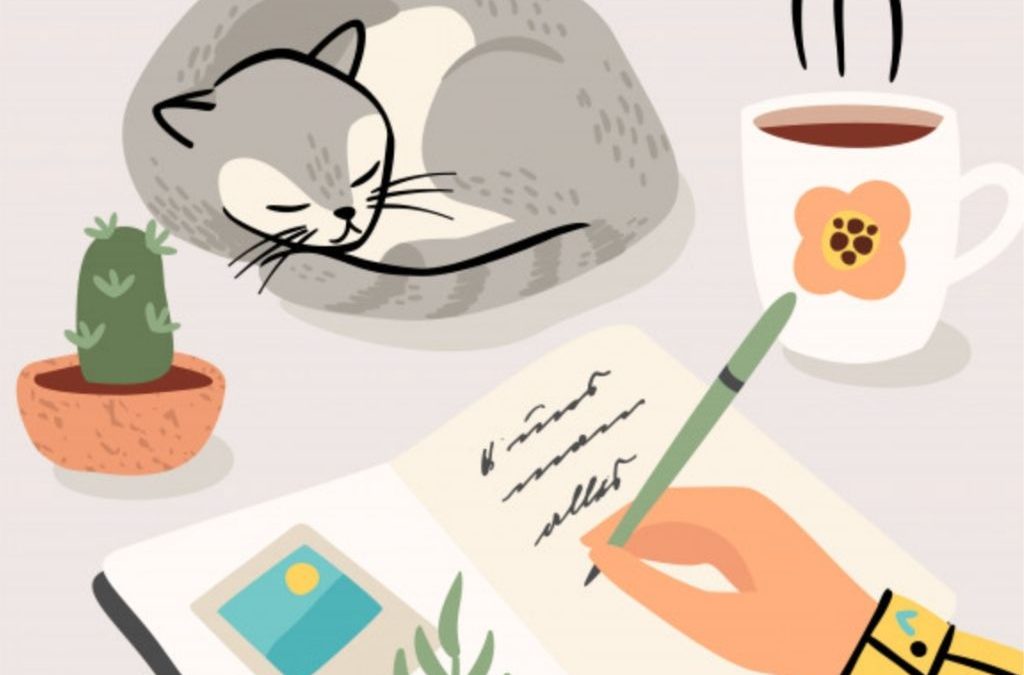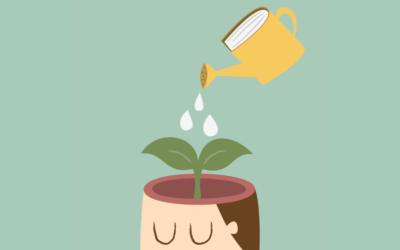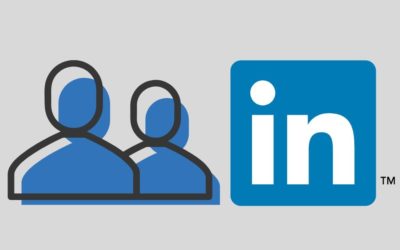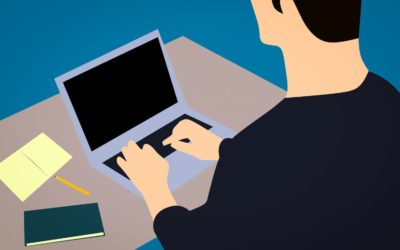For the writer wanting to focus on their work rather than Twitter, there’s a plethora of internet-blocking software offering ‘distraction free writing’. But rather than becoming distracted by researching the best distraction-free apps, you need a strategy to make sure you don’t get pulled away – and that involves using a science-backed method called controlled-breaking to cheat your distractions.
Designing happiness
Professor Paul Dolan (AKA Professor Happy) from the London School of Economics can help. He’s spent his career looking into what makes us chipper and productive and his book Happiness by Design, offers some refreshingly psychobabble-free advice on what we should do.
Dolan explains how damaging it can be to our productivity and our overall happiness levels when we constantly become distracted from activities that can give us flow – a sense of feeling lost and completely absorbed in a task.
Something we gain great happiness from in the long term according to the man who coined the term, Mihaly Csikszentmihalyi – who we’ve written about before.
Today, the average American spends 11 hours a day gazing at digital devices and checks their smart phone 150 times per day. According to Dolan, this distraction is damaging because it involves switching costs.
The idea is that like petrol in a tank, humans only have a finite amount of attention and focus they can give to things during a given day. Every time you switch to a new task – even if it’s just quickly reading a Tweet – depletes your reserves.
Less equals more
All this makes multitasking enemy number one for productive writing and happiness. Dolan cites an academic study involving over two hundred students being asked to solve a Sudoku puzzle and a word search in a fixed time. The students were randomly assigned to one of three groups.
>> Read more: A guide to tracking your writing – why noticing how you write will transform your practice
In the first group they were forced to multitask between the different activities; in the second, they were able to choose which task to do when, whilst in the third, tasks were presented sequentially.
The scores were marked and the first group scored far lower than the second and particularly the third groups.
Whilst multitasking can make people feel as though they’re being busy and productive (presumably why people keep doing it) they’re really not. Whilst it sounds far less glamorous, doing one task after another in a slow, tortoise-like way is far more beneficial to our overall productivity and happiness than trying to do lots of things at once.
But what if life simply doesn’t allow you to work in such a methodical, sequential way? In that case, Dolan prescribes choosing to take regular breaks from purposeful work. He suggests that mixing up pleasurable activities with more purposeful ones can work for our long-term productivity – but only if those breaks in our work are made on own terms.
Controlled breaking
When you’re fully in the zone with your writing project you probably won’t want to break off and check your phone. But when you do, that probably means you might be getting tired and your concentration is starting to wane.
If so, according to Dolan, it’s time make a deliberate choice to switch to whatever immediately pleasurable activity floats your boat – like playing CandyCrush for a while. Do that activity for a short burst of time until the fun starts to wane, then switch back to the purposeful task.
>> Read more: How to stop procrastinating for good: a guide for writers
Unlike multitasking, the key here is to take control of your attention, notice when an experience becomes less pleasurable or all-consuming and act accordingly. It’s also about deliberately developing the structures around you to prevent general mind wander.
To this extent, the secret of defeating distraction seems to be to cheat it.
If you wait to become distracted then your reserves of concentration will become depleted fast. If you act beforehand then they’ll reduce far more slowly. If you know that CandyCrush is the pleasurable mind-gum you turn to when your purposeful writing project becomes tiring, you’ll be less likely to get lost down that internet worm hole of amusing cat pictures.
Treat your attention span like a scarce resource that everyone (including you) is competing for. After all, those pokes and pop-ups aren’t there by chance.
How to use controlled breaking to beat your distractions
- Multitasking is for losers: Doing lots of tasks at the same time will ultimately make you less productive and less happy. The best way to be productive is to complete tasks one after the other.
- Breaking’s not bad: Mixing up pleasurable and purposeful activities can be beneficial to long term productivity – but make sure you take breaks on your own terms. Don’t get pulled away.
- Don’t wait to get distracted: Know your own attention span and set up structures to make sure you use it wisely. Defeat distraction by cheating it. Don’t wait to get distracted, make sure you control it before it controls you.




